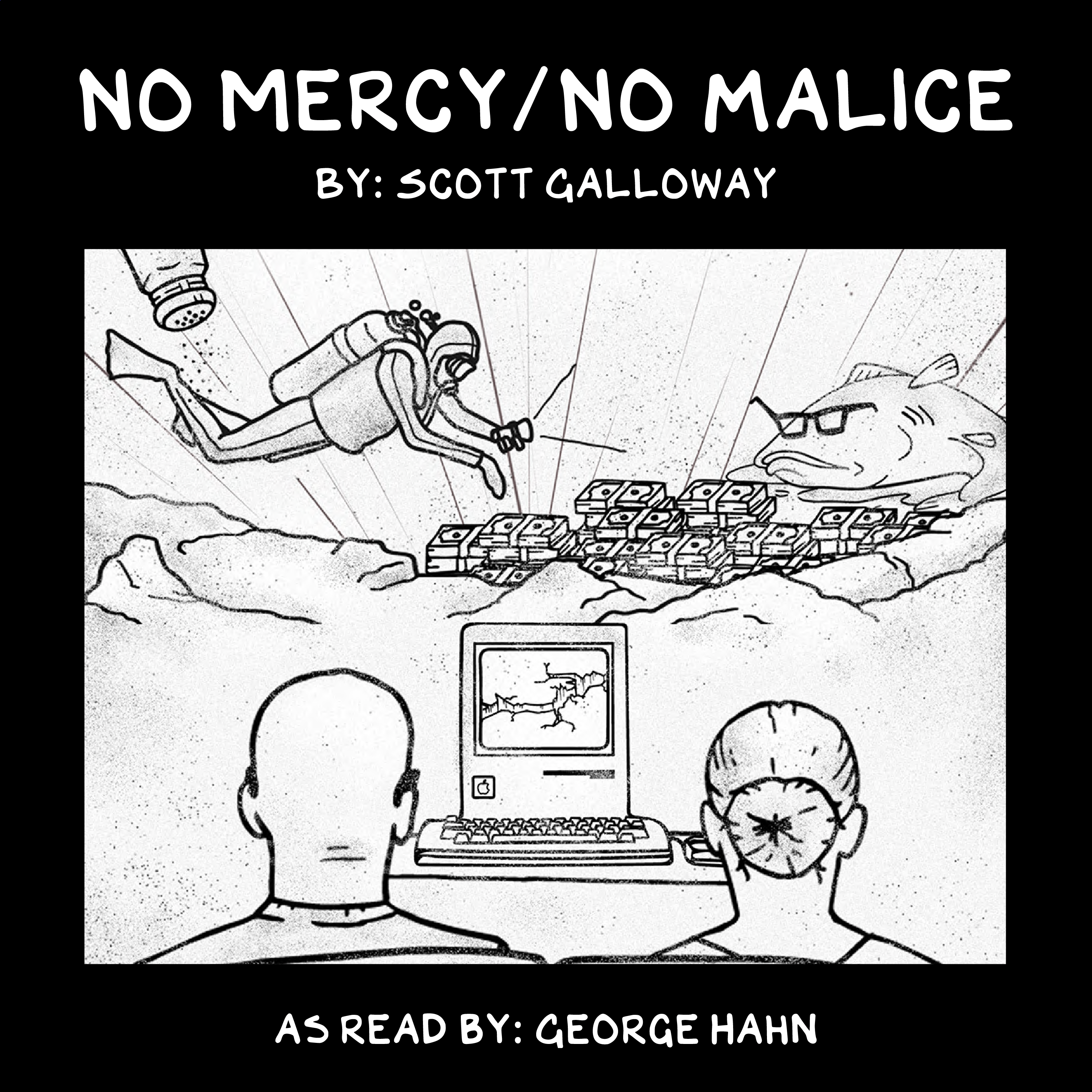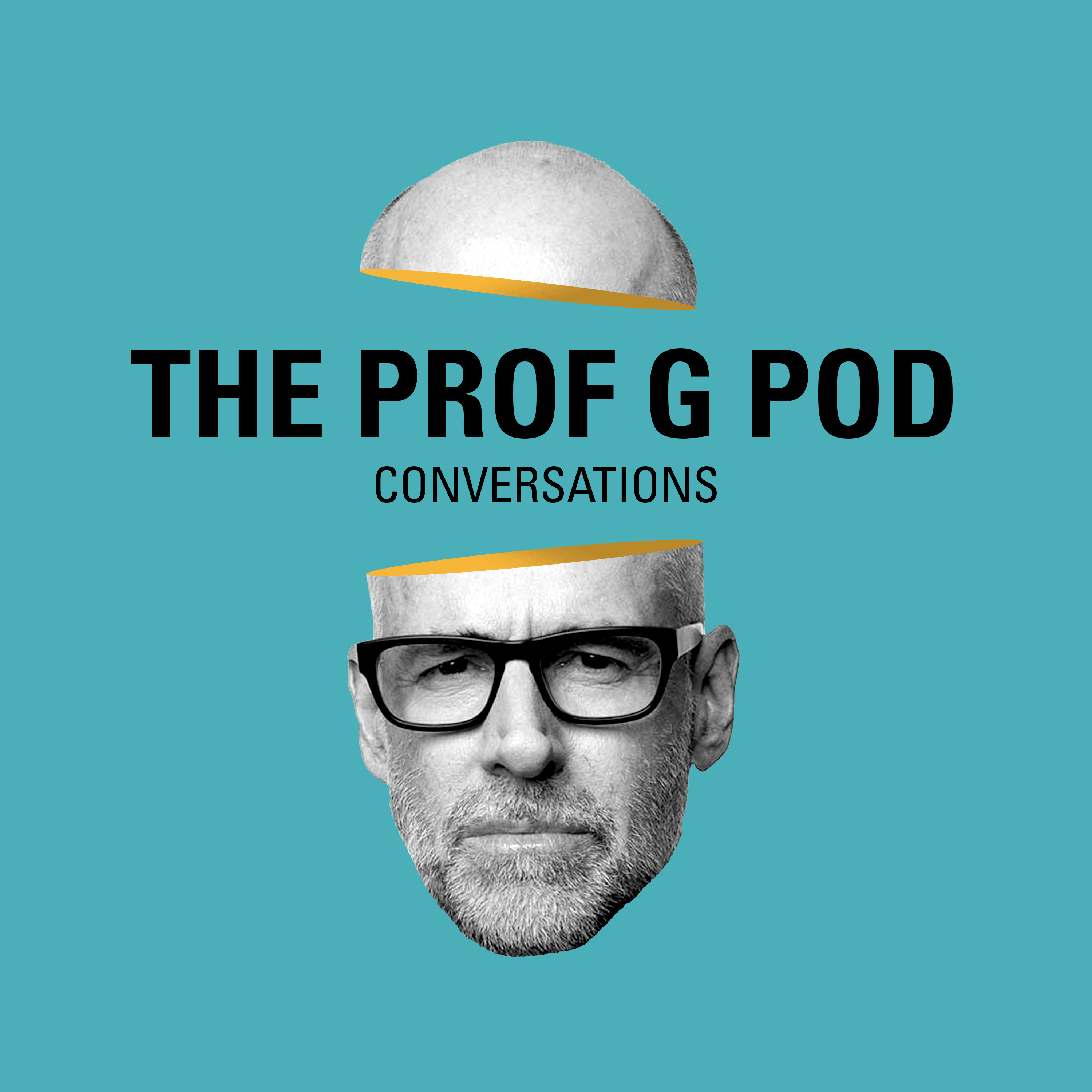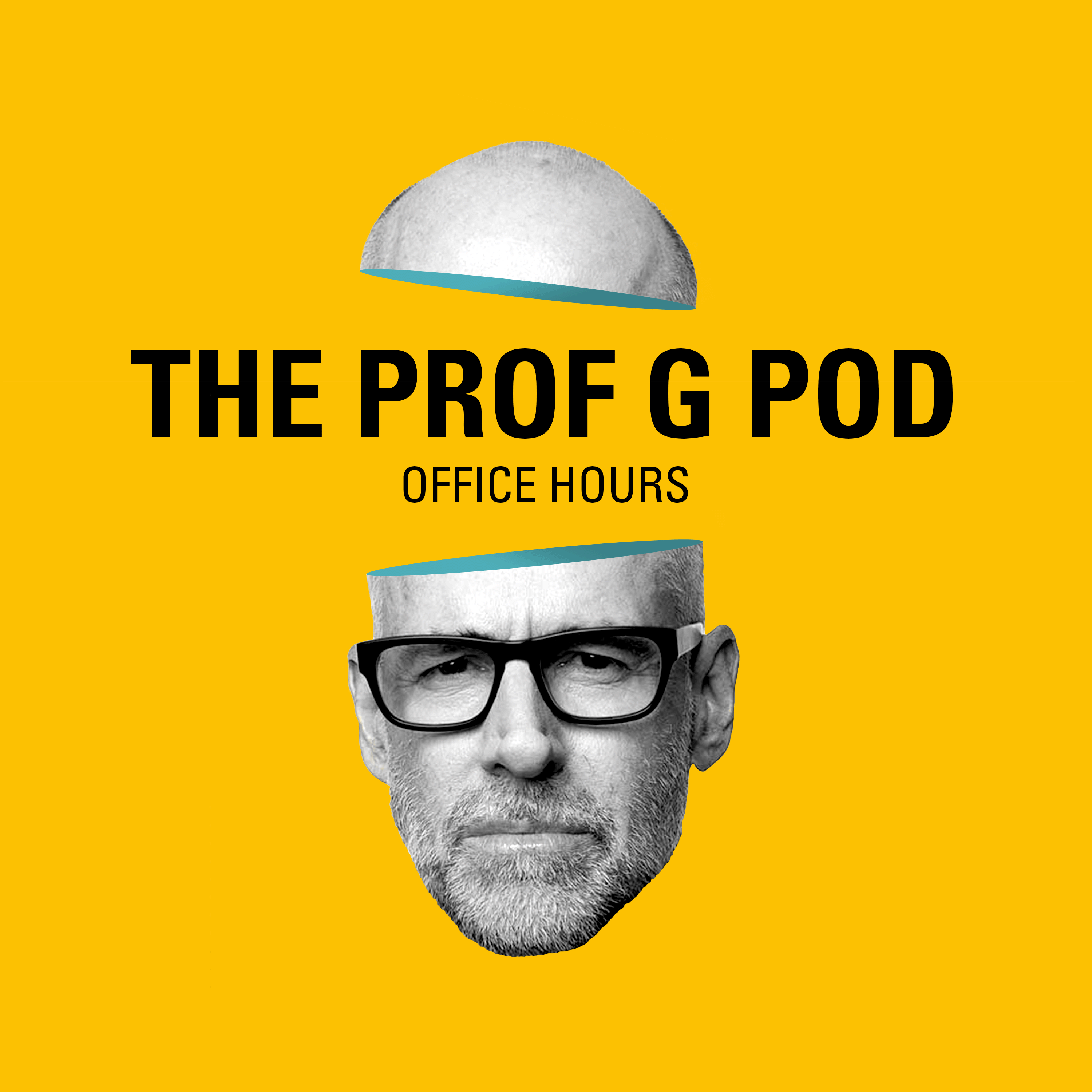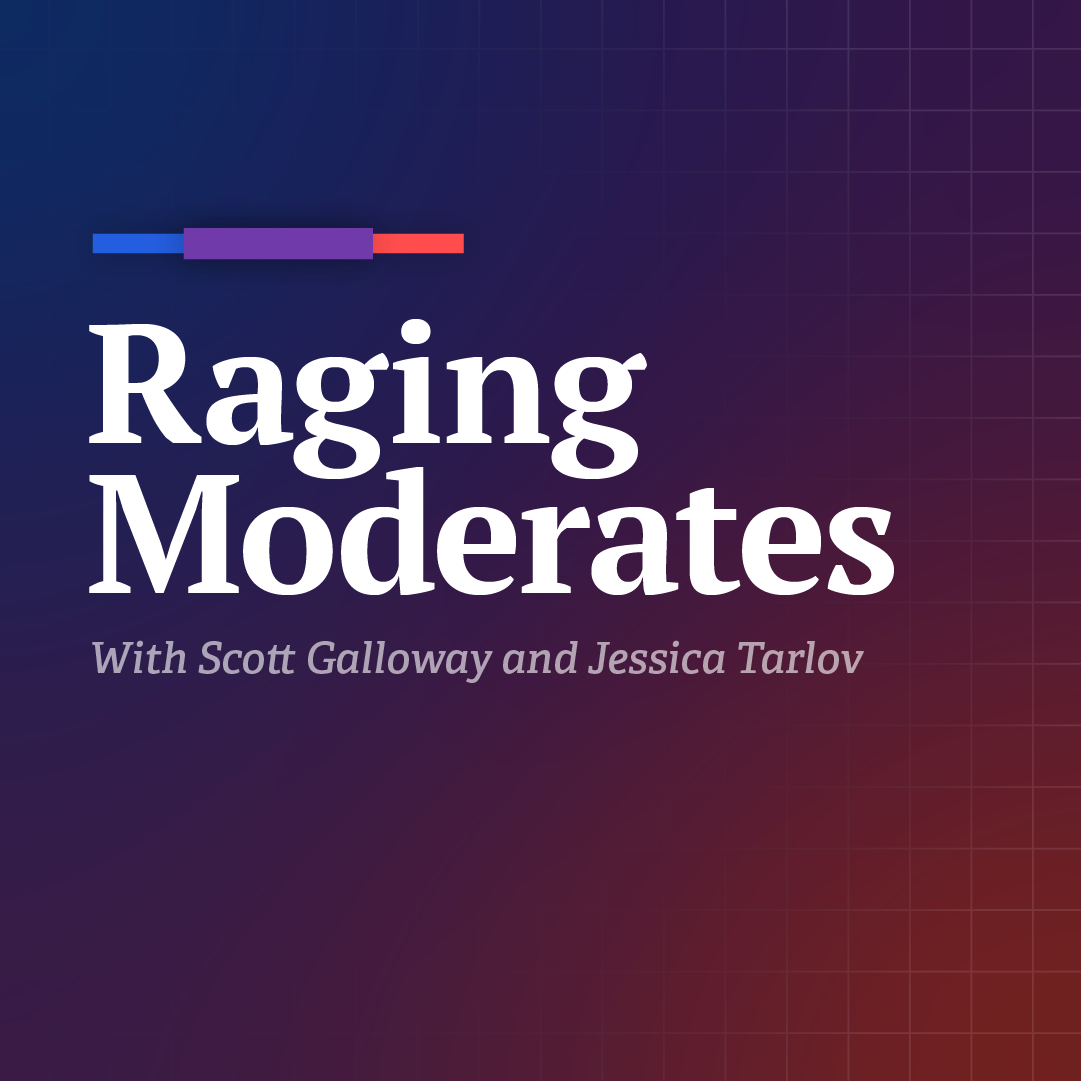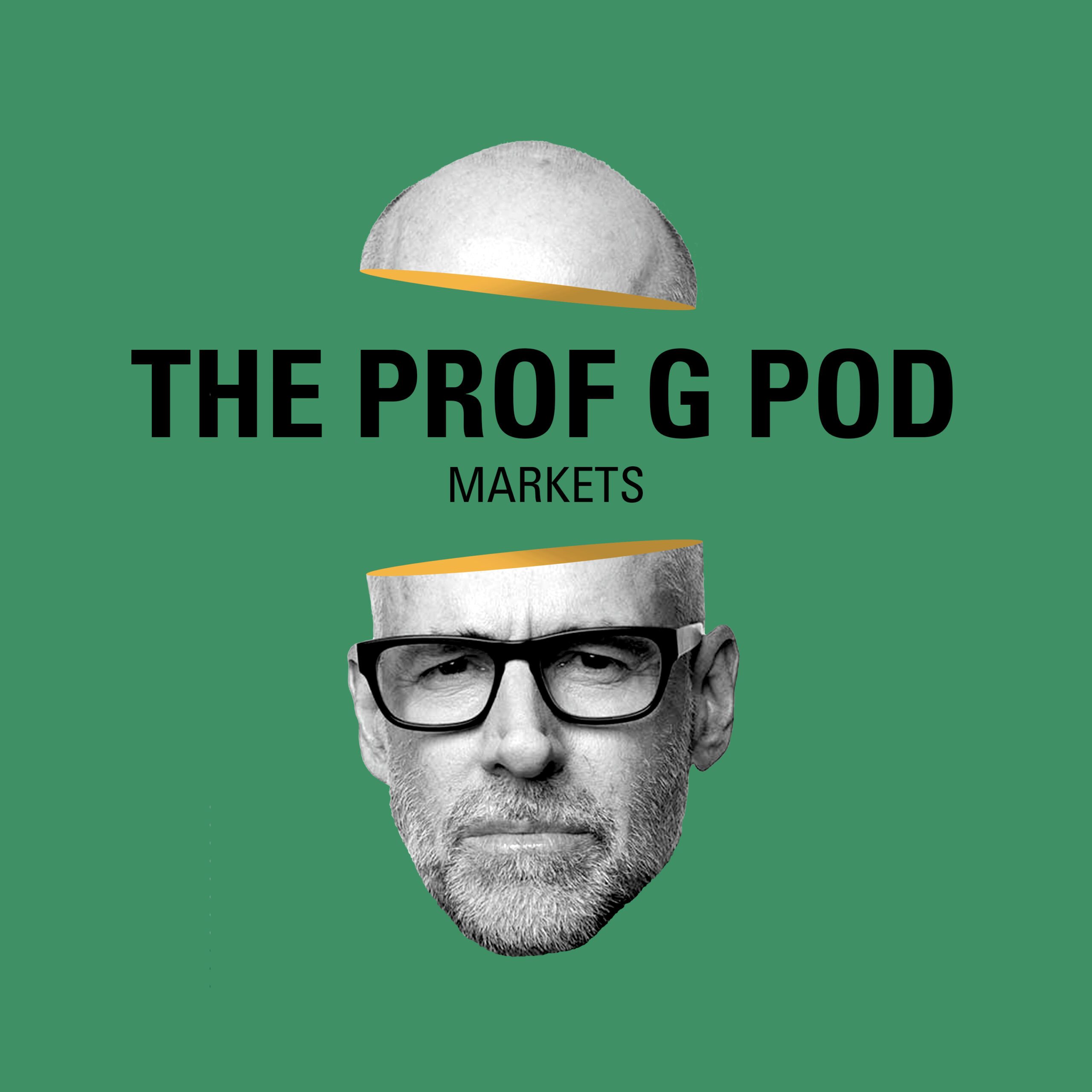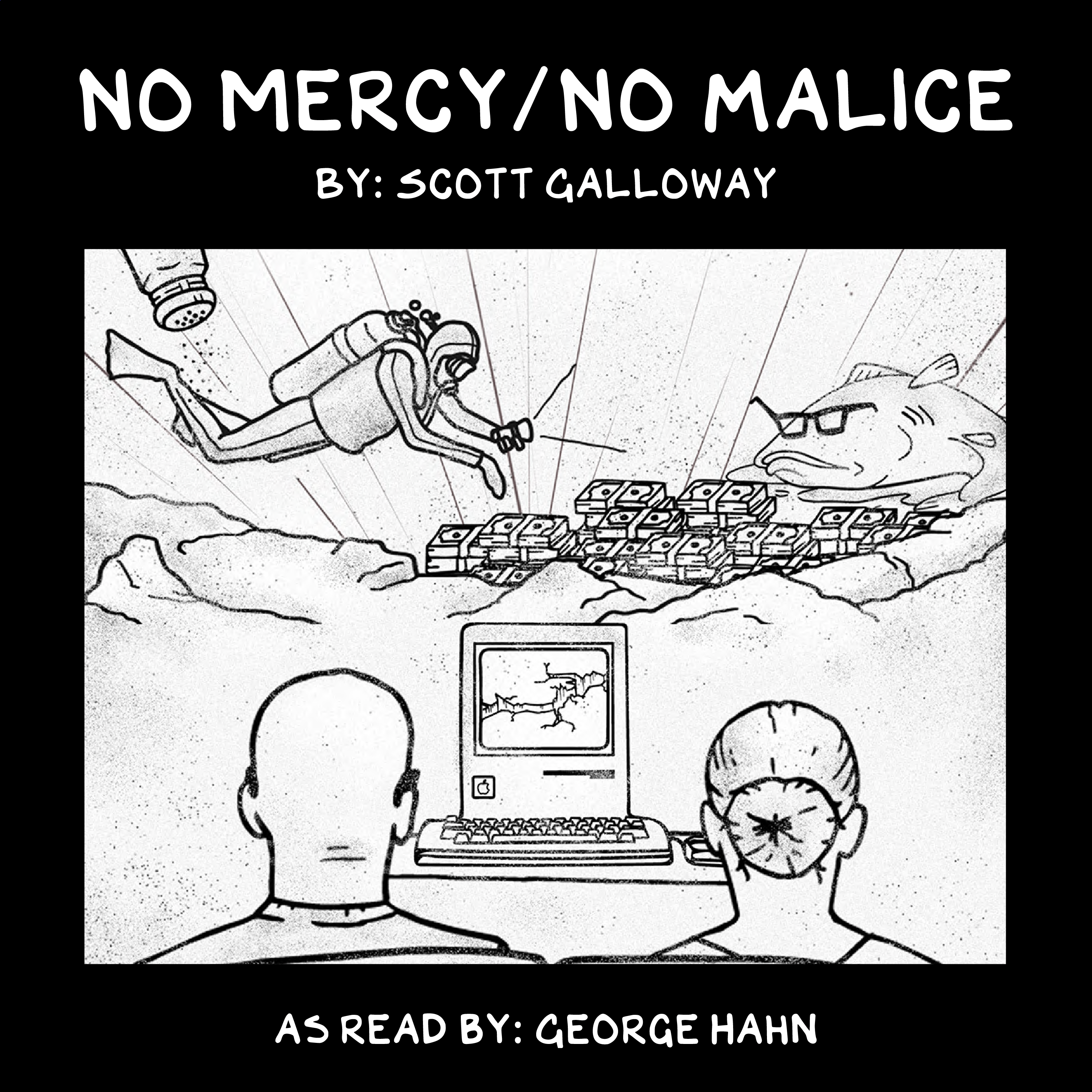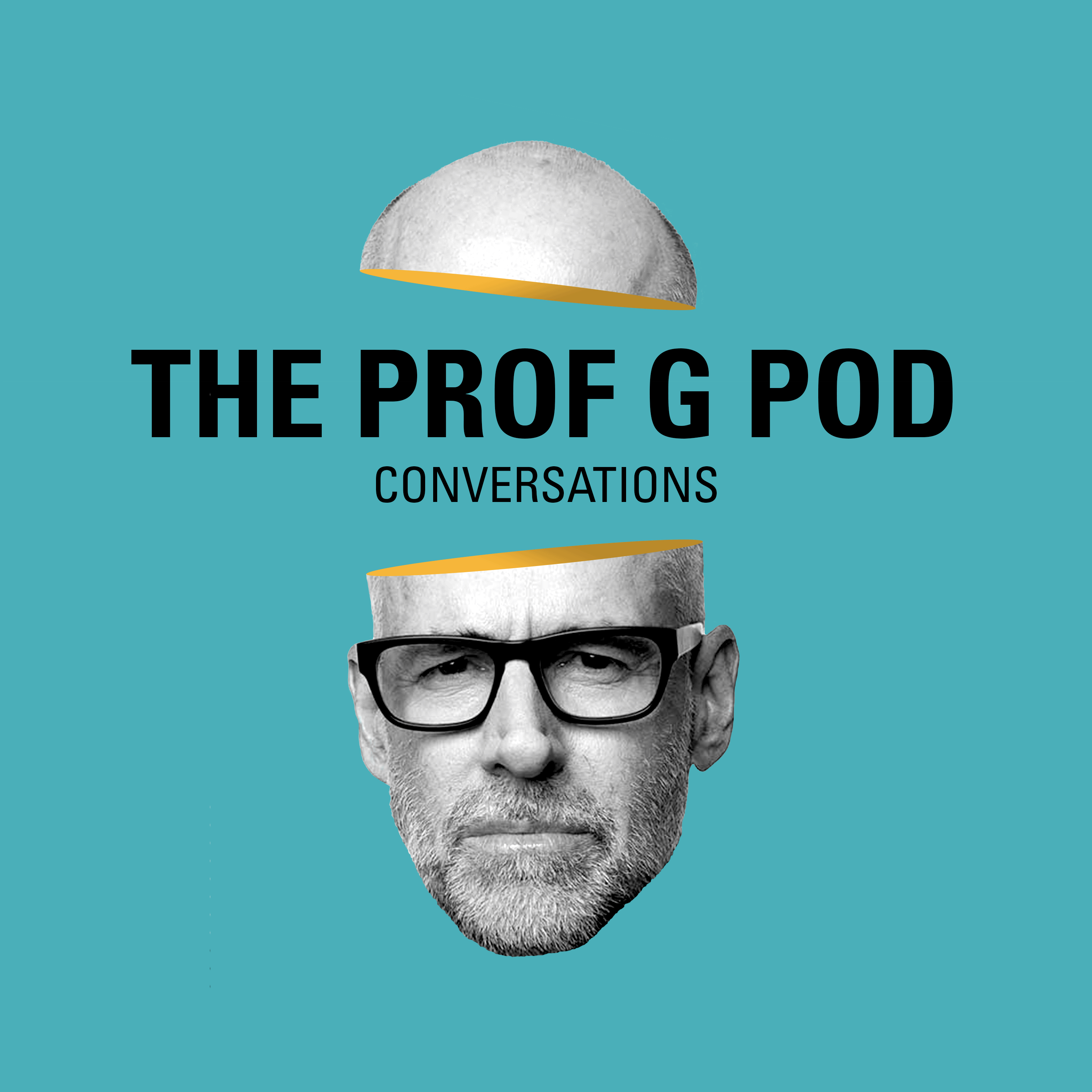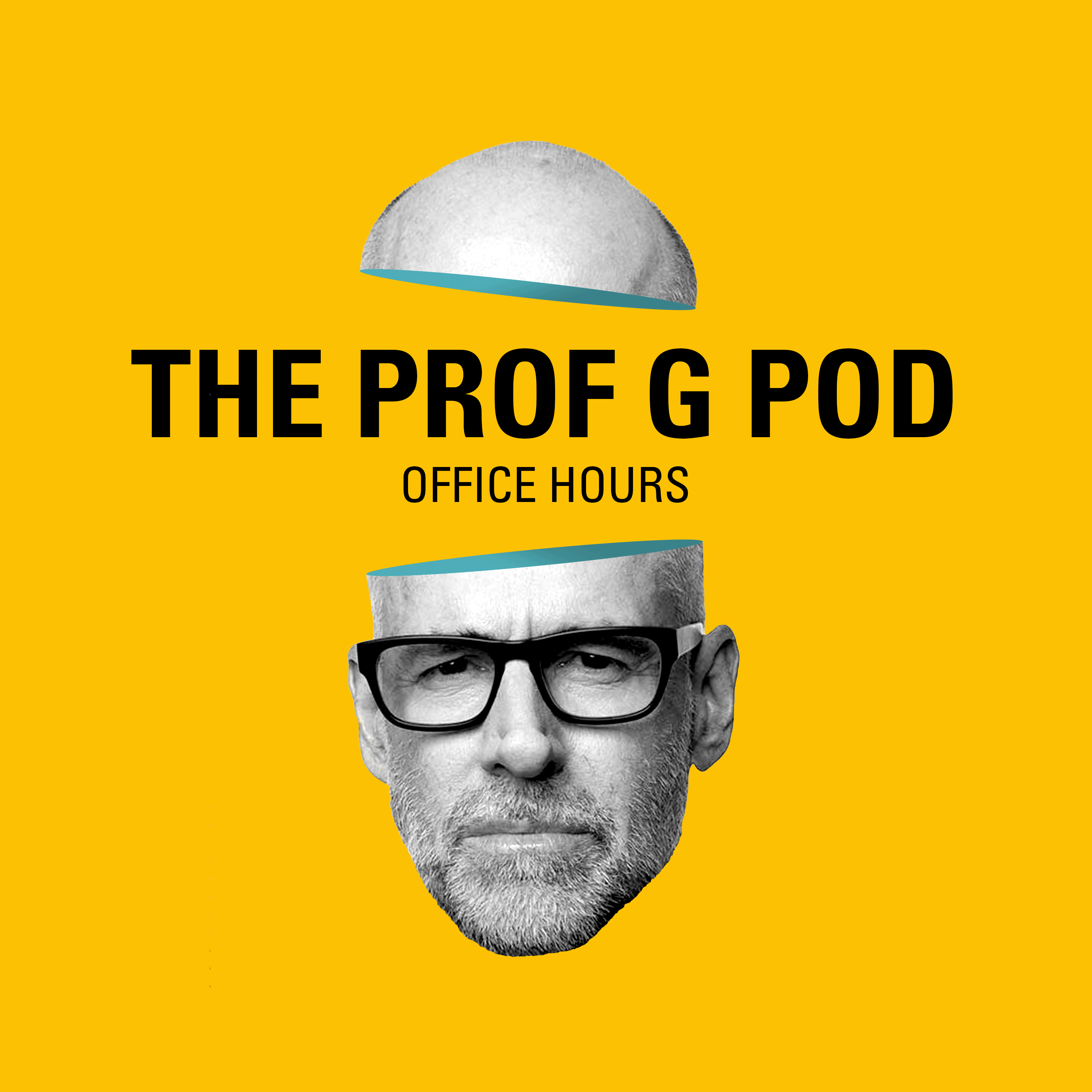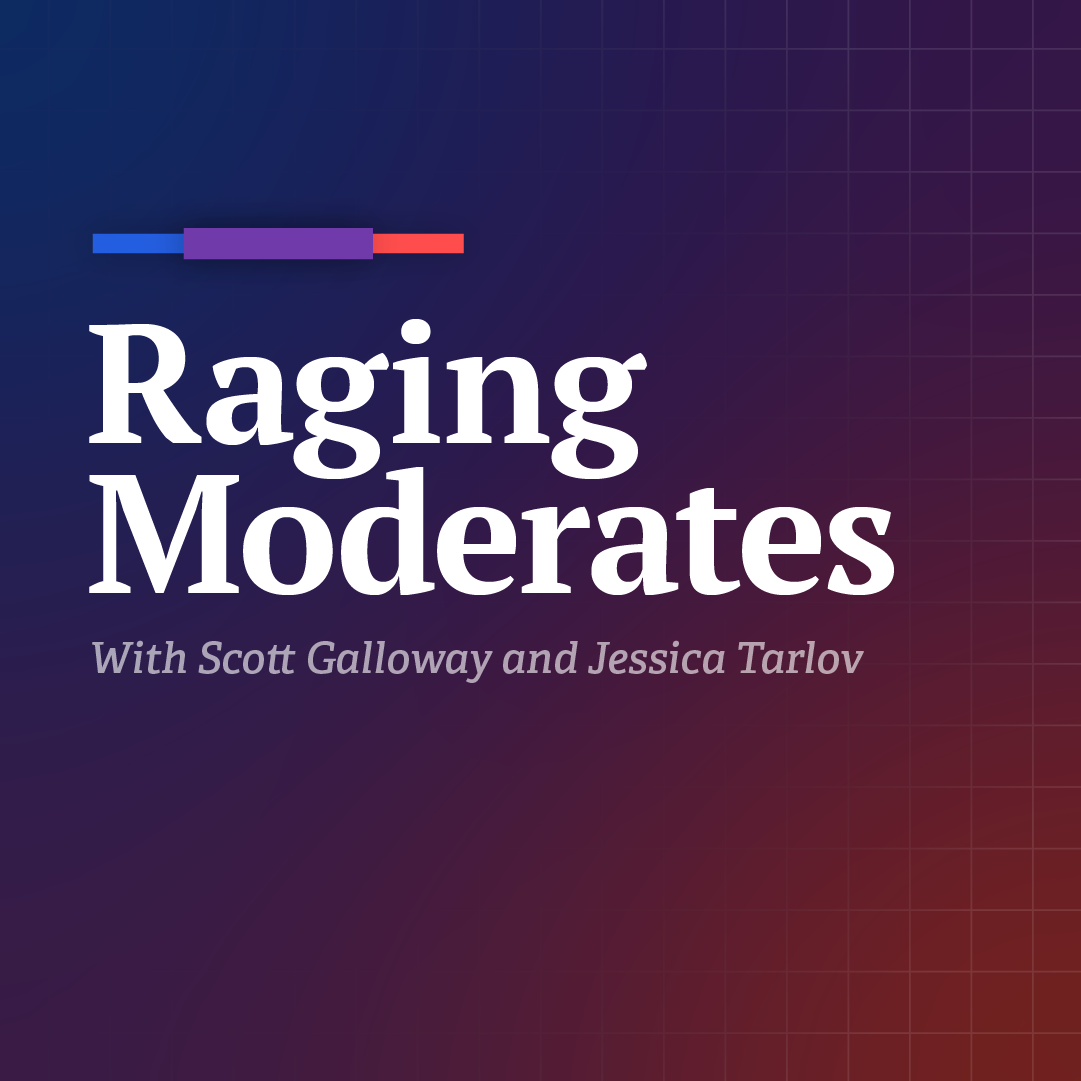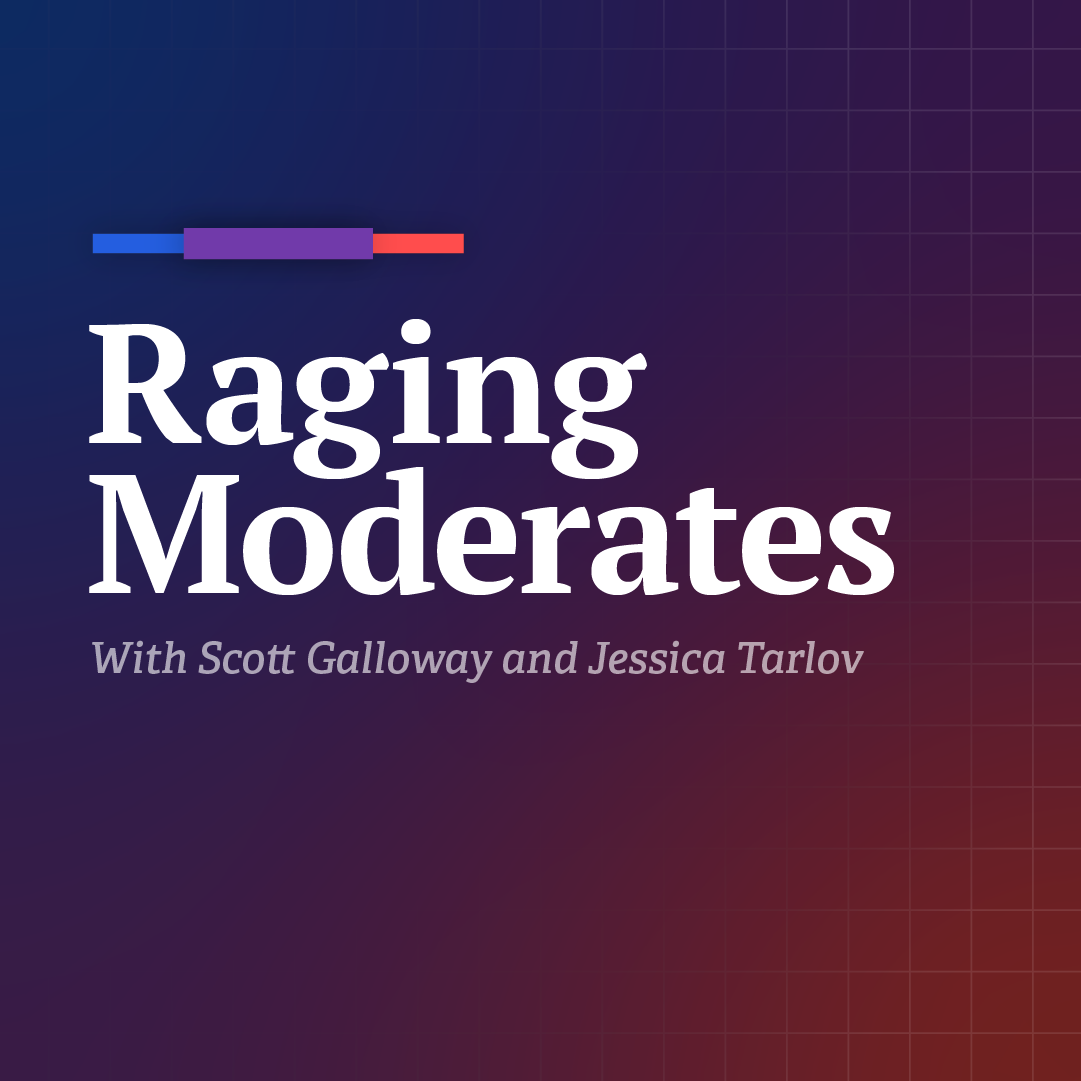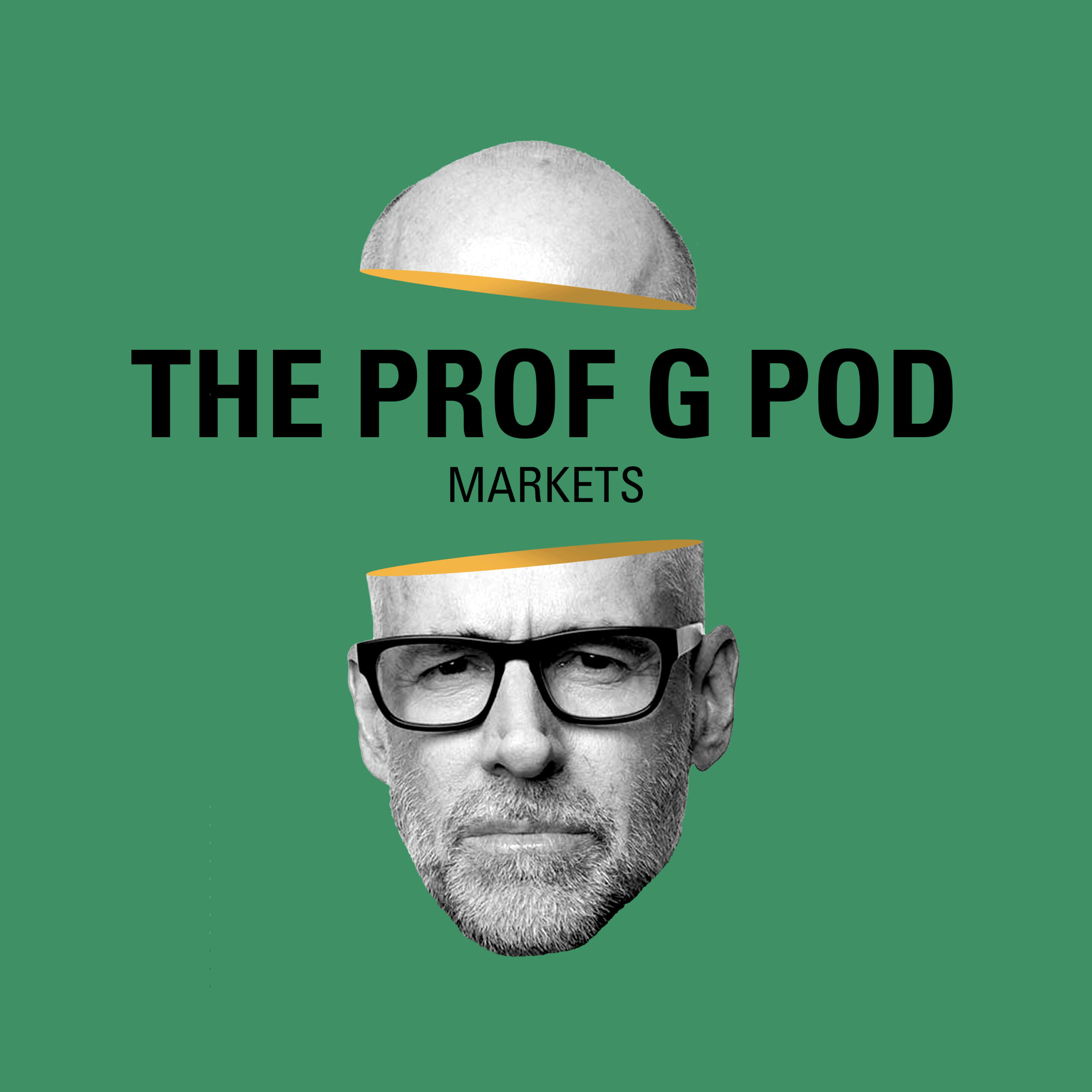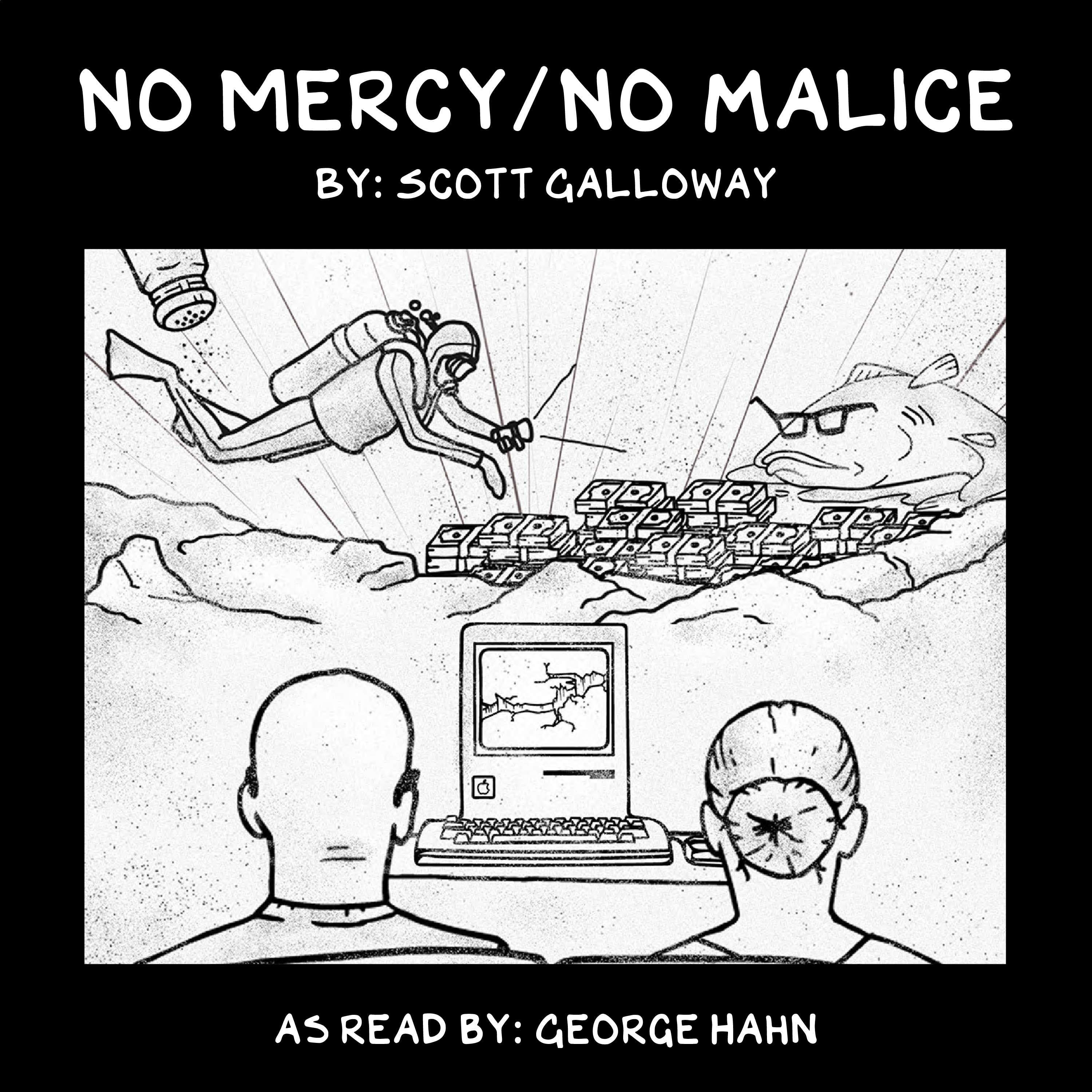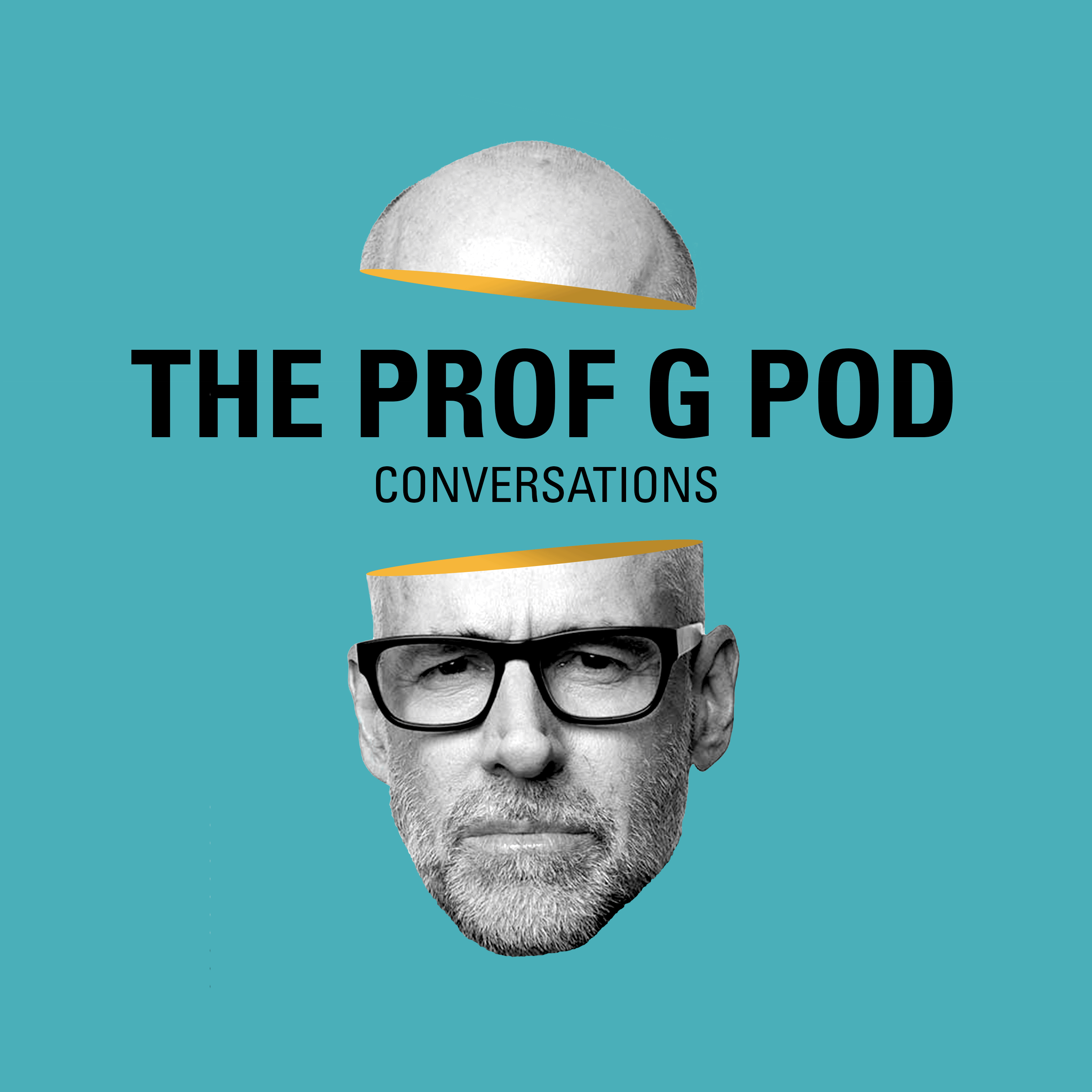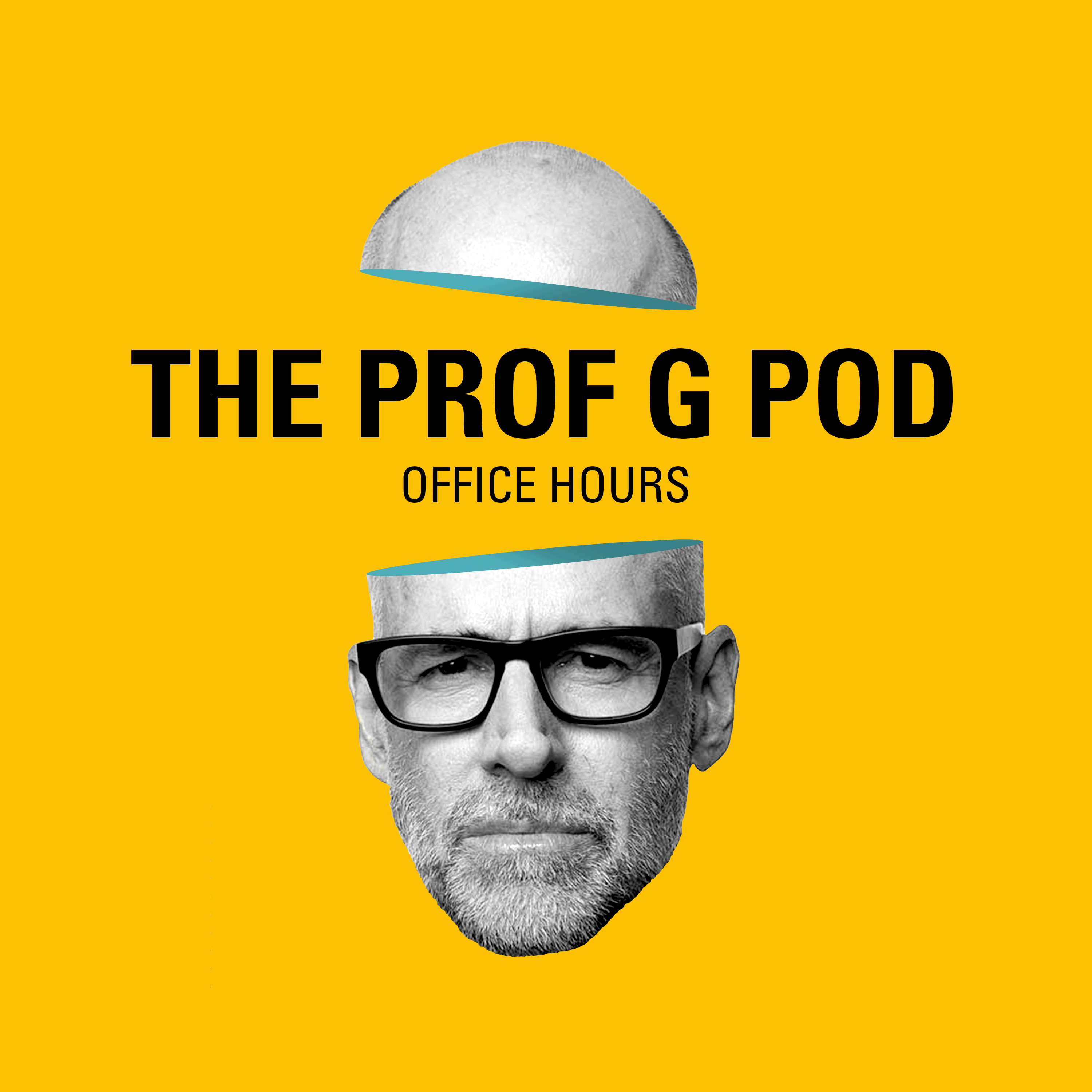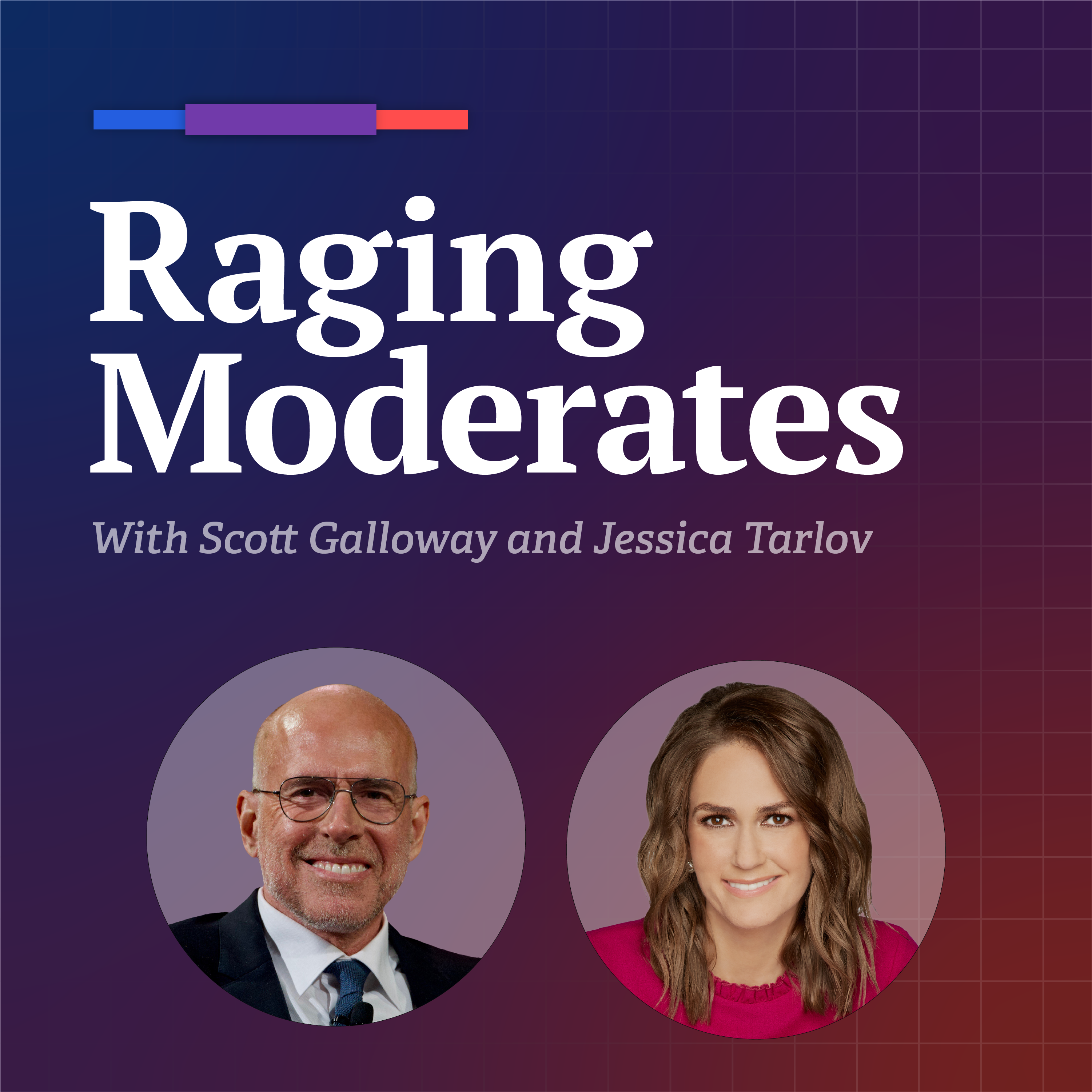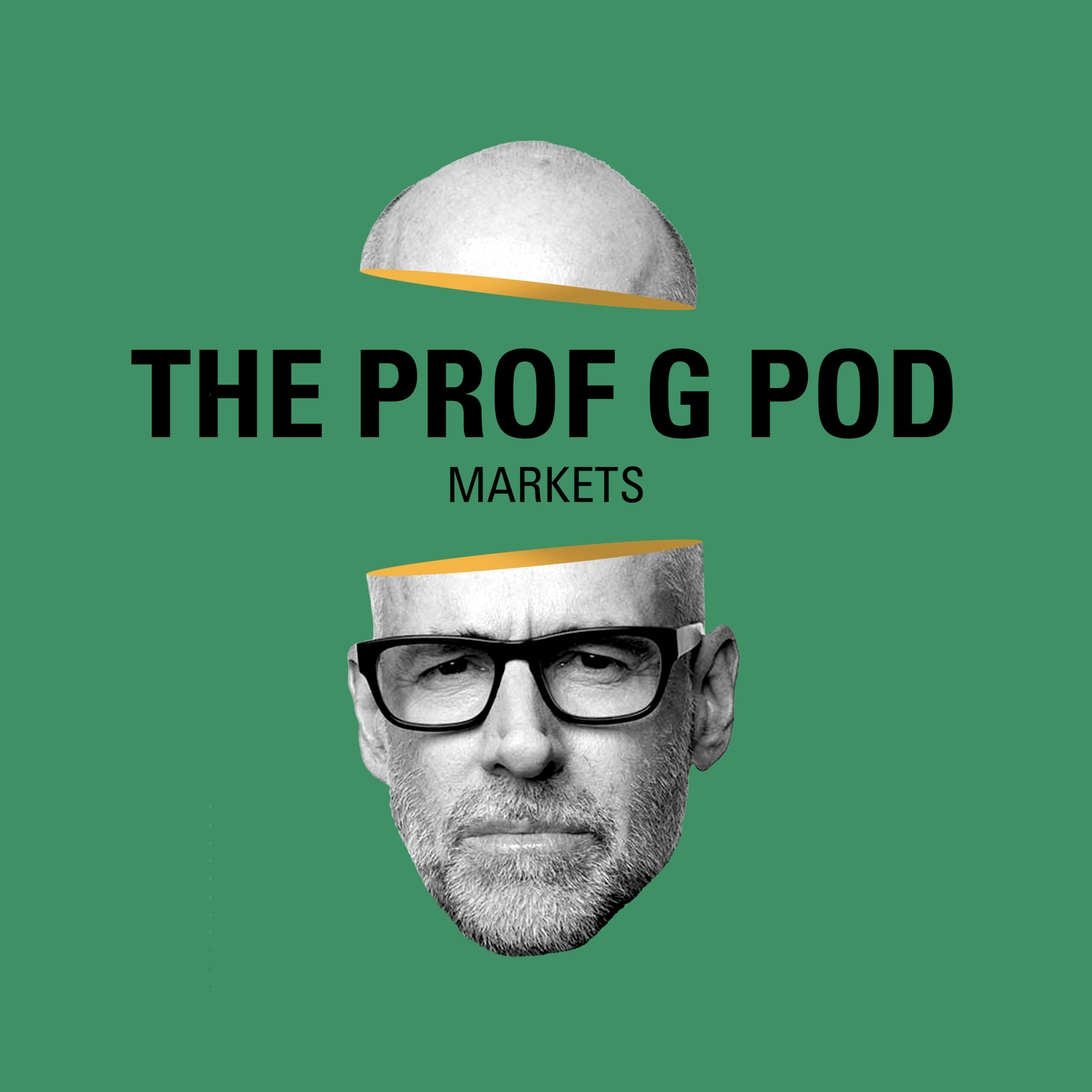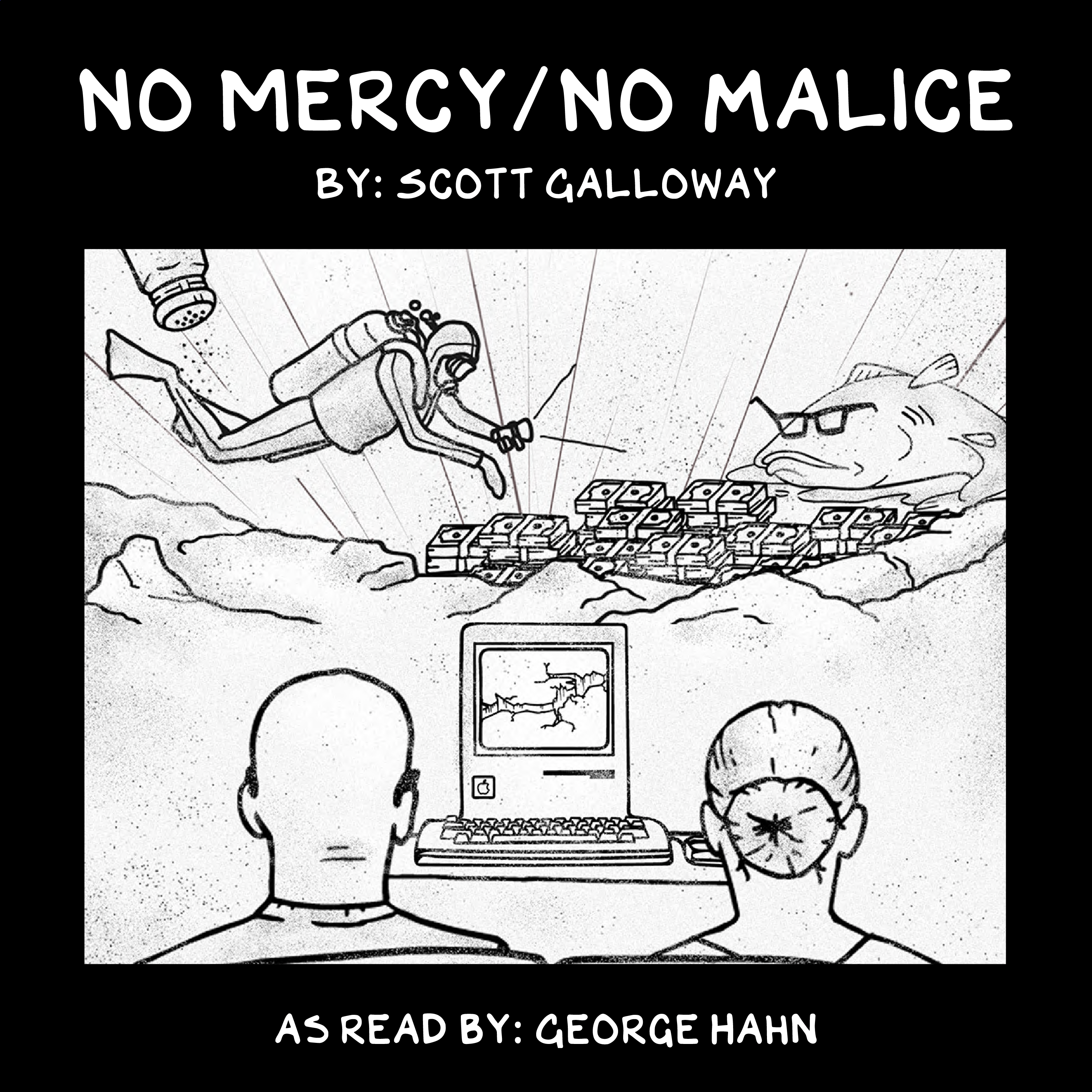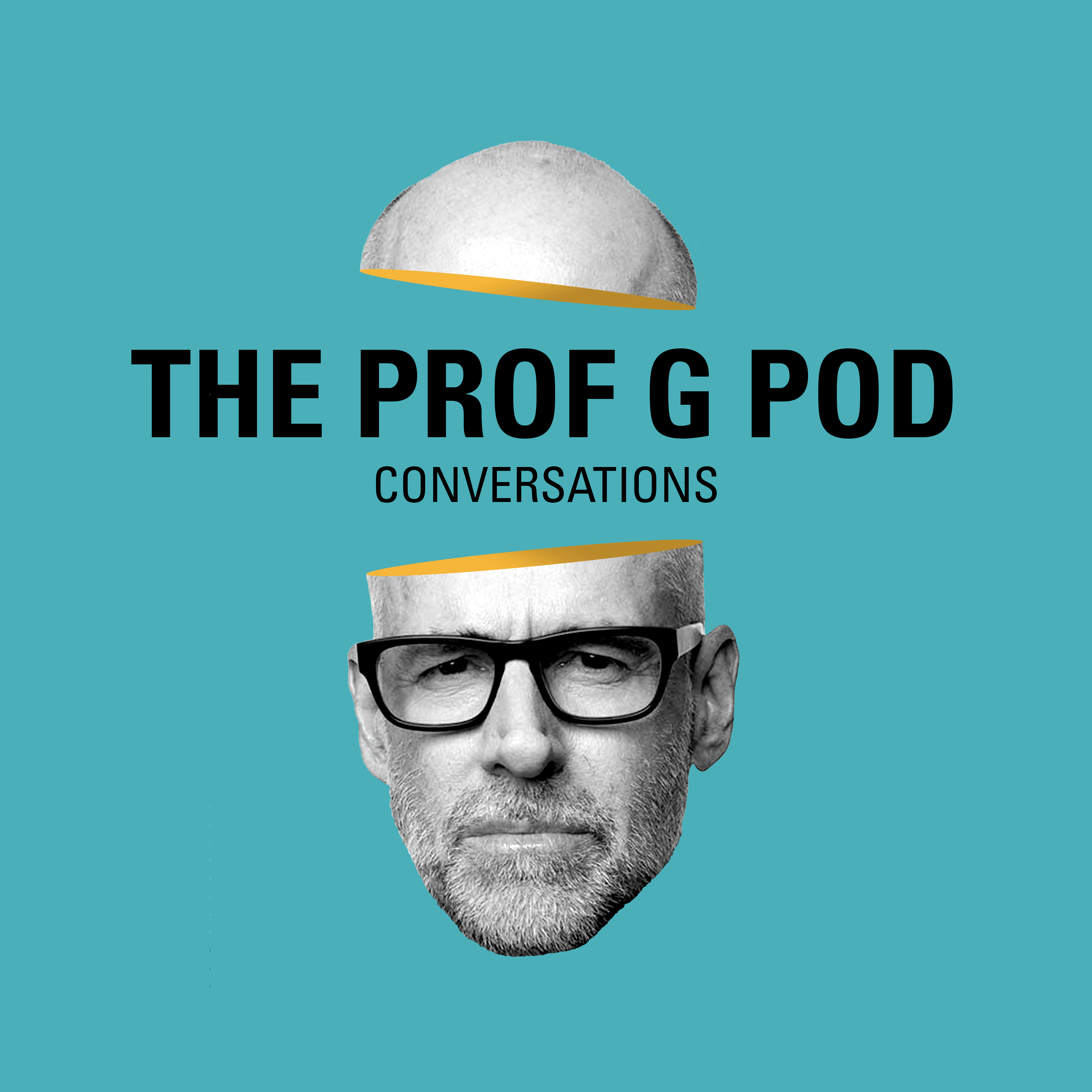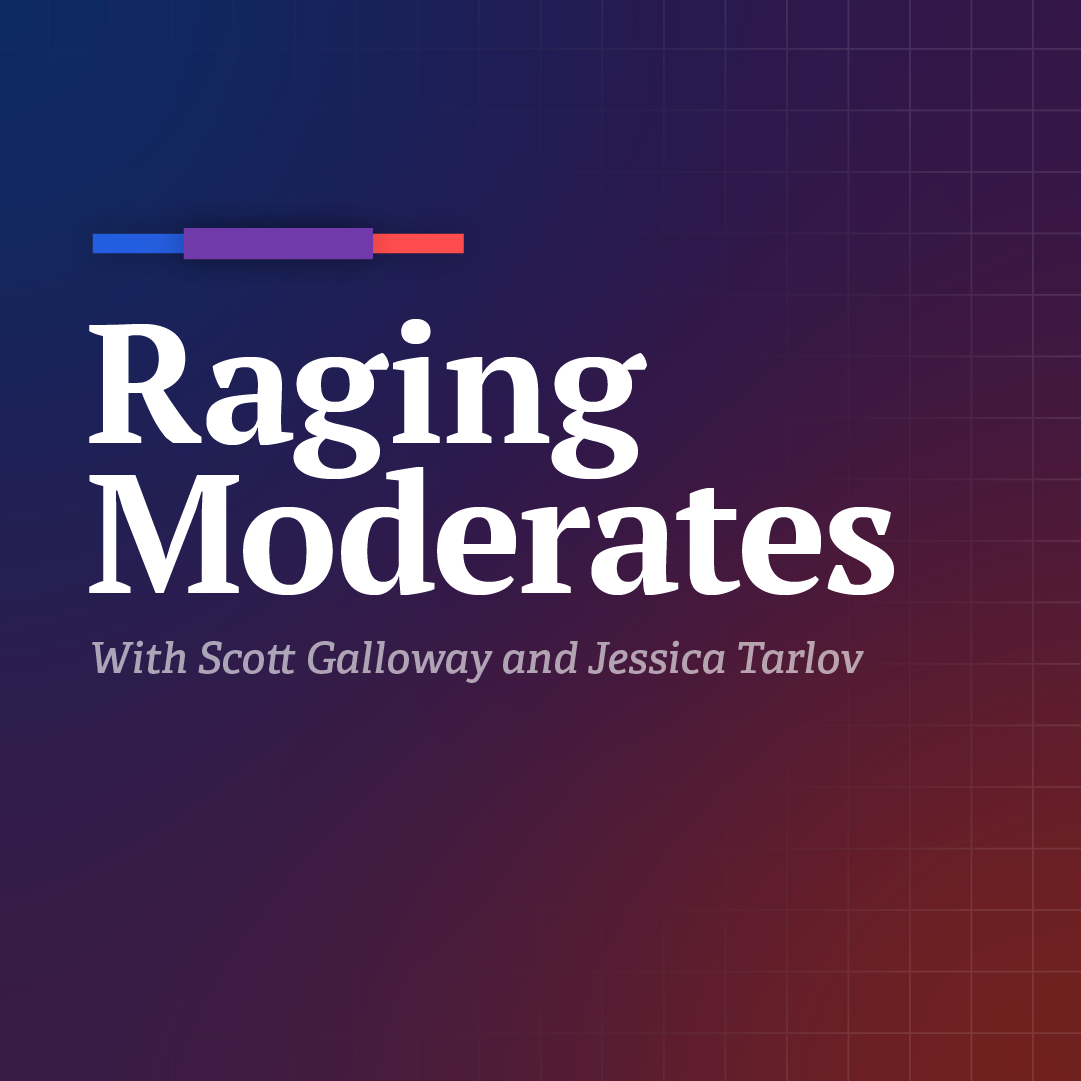As read by George Hahn. https://www.profgalloway.com/fallen-angels/ Learn more about your ad choices. Visit podcastchoices.com/adchoices
Rory Stewart, the former UK Secretary of State for International Development and cohost of the popular podcast, The Rest is Politics, joins Scott to discuss ...
Scott Galloway and Jessica Tarlov discuss their takeaways from the vice president debate between Senator JD Vance and Minnesota Governor Tim Walz. Follow ...
Scott discusses the state of the U.S. economy, specifically how it is both prosperous and unevenly distributed. He then speaks about ‘Founder Mode’ and the ...
Scott Galloway and Jessica Tarlov preview the much-anticipated VP debate between J.D. Vance and Tim Walz. They also break down Kamala Harris’s recent ...
Follow Prof G Markets: Apple Podcasts Spotify Scott and Ed open the show by discussing the DOJ’s antitrust lawsuit against Visa, Meta’s new AR glasses and the ...
As read by George Hahn. https://www.profgalloway.com/unserious-people/ Learn more about your ad choices. Visit podcastchoices.com/adchoices
Richard Reeves, the president of the American Institute for Boys and Men and non-resident senior fellow at the Brookings Institution, joins Scott to discuss ...
Today, we finish off our special two-part series answering your questions about all things marketing. Scott answers your questions surrounding Nike’s value ...
Scott and Jessica chat with Dan Senor, a leading expert on Israel and the Middle East. They discuss the latest escalations between Israel and Hezbollah, the ...
Scott and Jessica dive into the latest polling with a close look at key battleground states. Then, the North Carolina governor’s race takes a scandalous turn ...
Follow Prof G Markets: Apple Podcasts Spotify Scott and Ed open the show by discussing the Federal Reserve’s rate cut decision, SpaceX’s deal with United, ...
As read by George Hahn. https://www.profgalloway.com/online-offline/ Learn more about your ad choices. Visit podcastchoices.com/adchoices
Dr. Ayana Elizabeth Johnson, a marine biologist, policy expert, writer, and co-founder of the non-profit think tank Urban Ocean Lab, joins Scott to discuss her ...
Today, we’re kicking off a special two-part series answering your questions about all things marketing. Scott puts on his professor hat and answers your ...
Scott and Jessica discuss the second assassination attempt on former president Donald Trump, how each presidential candidate has shaped up following the ...
Follow Prof G Markets: Apple Podcasts Spotify Scott and Ed open the show by discussing recent inflation data, Oracle’s earnings, Wall Street’s decision to curb ...
As read by George Hahn. https://www.profgalloway.com/doing-the-minimum/ Learn more about your ad choices. Visit podcastchoices.com/adchoices
Dan Buettner, a National Geographic Fellow, a longevity researcher, and the best-selling author of “The Blue Zones: Lessons for Living Longer from the People ...
In a special episode of the Raging Moderates podcast, Scott and Jessica Tarlov give their thoughts on the debate, including what Kamala Harris did right, where ...
- « Previous Page
- 1
- …
- 27
- 28
- 29
- 30
- 31
- …
- 62
- Next Page »

